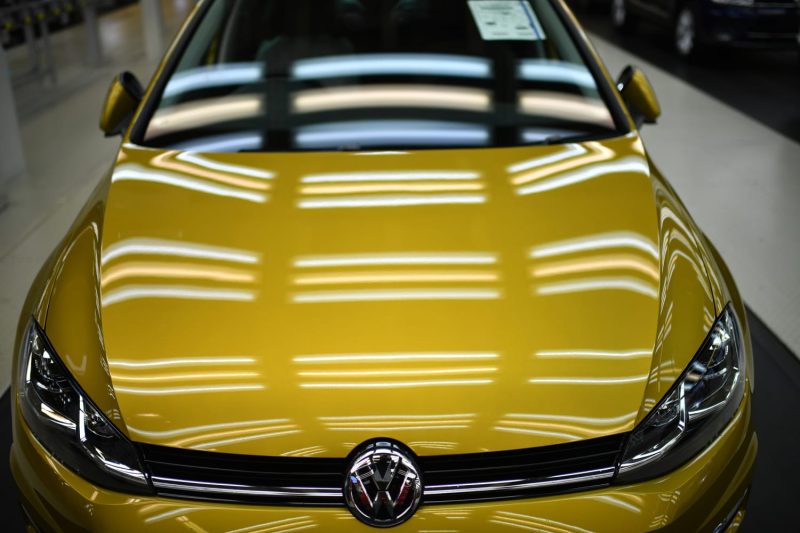The Volkswagen Group, one of the world’s leading car manufacturers, has announced the recall of approximately 261,000 vehicles due to a concerning fuel tank issue. The recall includes specific models from years 2012 to 2020, affecting customers globally.
The affected vehicles comprise various models, including the popular VW Passat sedan, the CC, along with certain models of the Audi A3 and the Q3. The issue identified in these aforementioned models points towards a significant flaw in the fuel tank design, which can inevitably lead to fuel leakage.
The fuel leakage issue has been traced back to the vehicle’s fuel pump flange, located in the fuel tank. Due to the variations in the manufacturing process, the fuel pump flange may crack over time. This cracking could potentially progress, resulting in a fuel leakage. If the leaked fuel comes in contact with an ignition source, it could lead to an uncontrollable fire, posing a massive risk to the vehicle and its occupants.
While Volkswagen has confirmed that no such incidents have been reported yet, the recall has been issued as a precautionary step to ensure the safety of their customers. The severity of the situation has expedited the recall process, considering that a potential fire in a moving vehicle can result in devastating consequences.
The Volkswagen Group, as part of the recall initiative, is set to appoint its authorized dealers to inspect the potentially flawed fuel pump flange in the affected vehicles. If the examining technician recognises an issue, the problematic flange will be replaced with a newer, improved design free of charge. In cases where no flaw is detected, a protective film will be applied to prevent any future cracking.
The recall process is expected to begin in late March 2022. The company is preparing to alert affected customers via mail. The notification will include detailed information about the recall, the potential risks posed by the identified issue, and directions on how to schedule an appointment with a Volkswagen dealer for inspection and potential replacement.
Despite the recall’s significant scale, Volkswagen has remained committed to its client base throughout the process. The company is prepared to take all necessary steps to ensure their vehicles’ safety and their customers’ peace of mind.
However, it’s essential for the owners of the affected models to be proactive about this situation. Check with your dealer immediately if you haven’t received a notification yet and you think your vehicle might be on the recall list. Also, don’t ignore the recall notification if you’ve received one. It’s not just about your car’s reliability; it’s about your safety on the road.
This entire exercise, although daunting for Volkswagen, underscores the priority given to customer safety. The willingness to acknowledge a manufacturing flaw and take corrective actions strengthens the brand’s reliability despite the initial hiccup. Certainly, customers world-over would appreciate knowing that Volkswagen would much rather recall than endanger lives out on the highways.
